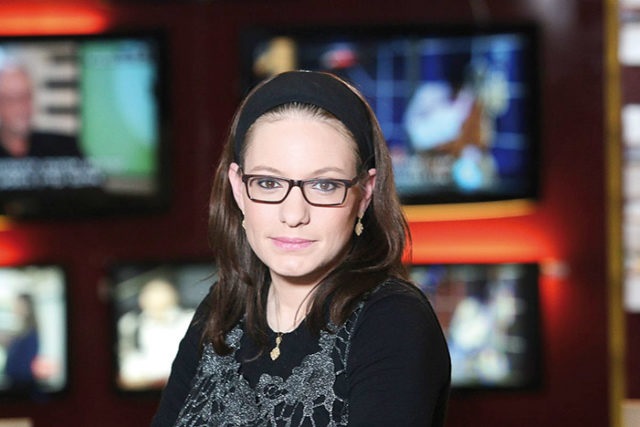Yaron Dotan’s father, Yossi, is a Holocaust survivor living in the “Beit Juliana” assisted living residence in Herzliya. On Yom Kippur night, he, along with dozens of other Holocaust survivors from the Netherlands, found themselves the target of a direct terror attack by Hezbollah, when a UAV launched from Lebanon struck the residence.

“After the Nazis failed to murder them, Hezbollah tried to do so, but they won’t succeed either,” wrote Yaron. “My father is living proof. Not only did he survive the Holocaust, but he also now leads a large family with dozens of descendants across Israel, a true symbol of victory.”
The elderly residents were jolted from their sleep by the blaring sirens and explosions. Miraculously, no one suffered any harm, but the fear and confusion were palpable. After hours of checks and damage control, the residents were allowed to return to their rooms.
“With his unwavering determination, my father continued to fast until the end of Yom Kippur. The next morning, one of the residents recited the Hagomel blessing on behalf of everyone, and my father pointed out an eerily relevant line from the Yom Kippur machzor: ‘…For the people of the Sharon region… May their homes not become their graves.’”
King Willem-Alexander of the Netherlands, who visited Beit Juliana during the COVID-19 pandemic, is well-acquainted with the home’s historic connection to his family. The residence is named after his grandmother, and Yossi Dotan was awarded the title of knight by the Dutch Queen.
Yaron Dotan calls on the free world – and especially the Netherlands – to denounce this heinous attack on elderly Holocaust survivors.
“I’m adding this photo of Yossi learning with two of his descendants, it is a photo of a victory over the Nazis and over Hezbollah, this is a photo of eternity!”
The Fallen Sukkah of David
This Torah thought is dedicated in memory of those killed by a Hezbollah UAV near Binyamina last night and for the speedy recovery of all those injured.
Many heard the news yesterday while they were building their sukkah. During Sukkot, when we recite Birkat Hamazon, we add, “May G-d raise for us the fallen sukkah of David.” We ask G-d to restore the nation of Israel, which has fallen, and lift it up. This blessing is based on a prophecy from the prophet Amos, where G-d declares: “On that day I will raise up the fallen sukkah of David.” But why compare us to a sukkah? Why not a house or a palace, or something else?
Our commentators explain that when a house falls, it is destroyed. You can’t restore it; you need to build a new one, and that takes a long time. A sukkah, by contrast, is flexible. It shudders in the wind, and storms knock it down, but it can always be reassembled – and it is the same with us. The sukkah symbolizes Jerusalem, the Temple, and the Jewish nation.
Rashi explains that this phrase is essentially our story – after all the exile, suffering and troubles, redemption, comfort, salvation and revival will come. This morning, we plead: “May G-d raise for us the fallen sukkah of David.”


